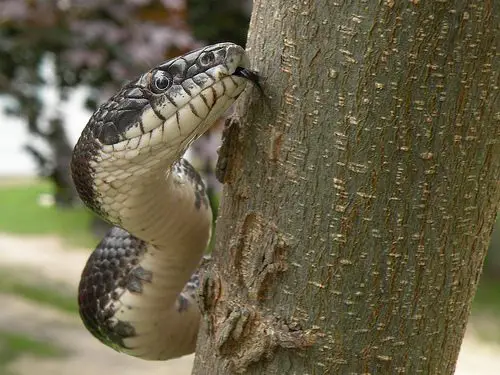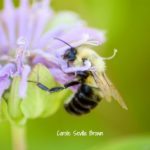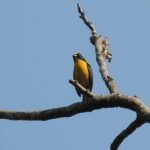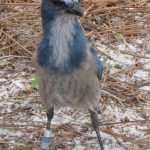While I was researching my thesis, which led to the development of the principles of Ecosystem Gardening, I came across a book by Dave Foreman. Rewilding North America: A Vision for Conservation in the 21st Century eloquently describes six “wounds” that the human population is inflicting on ecosystems which are contributing to the decline of species.
These examples represent the ugly side of human nature, and one would hope that we might have learned important lessons from these examples. But sadly that is not the case.
“Rewilding North America: A Vision for Conservation in the 21st Century” is a book written by Dave Foreman, a well-known environmentalist and founder of the environmental group, The Wildlands Project. The book explores the idea of rewilding, which involves the restoration and preservation of large, wild landscapes and the species that live in them.
Foreman argues that North America’s current approach to conservation, which focuses on preserving isolated pockets of land and species, is not enough to protect the natural world from the impacts of human activity. Instead, he advocates for a holistic approach that reconnects fragmented habitats and restores the balance of ecosystems through the deliberate introduction of missing species.
Foreman argues that rewilding is essential for the survival of species, the protection of ecosystems, and the survival of humanity. He provides evidence for his arguments by highlighting the many benefits of rewilding, such as the reduction of extinction risk, the improvement of water and air quality, and the promotion of biodiversity.
The book also provides practical examples of rewilding projects that have been successful in North America, as well as a detailed roadmap for rewilding the entire continent. Foreman emphasizes the importance of community involvement and collaboration with government agencies in order to achieve the goal of rewilding North America.
Today every species of whale is threatened or endangered by overhunting and outright slaughter.
Sharks are caught, their fins removed, and the shark left to die to satisfy a craving for the delicacy of shark fin soup.
And while we are busy pointing fingers of blame at Japan for these activities, our own hands are not clean.
An image of the former governor of Alaska slaughtering wolves from a helicopter comes to mind.
We continue to persecute bats and snakes just because we fear them.
We hunt wolves and coyotes, not for food, but because we are afraid of predators. Ironically, we then complain when the deer munch down our foundation plantings








